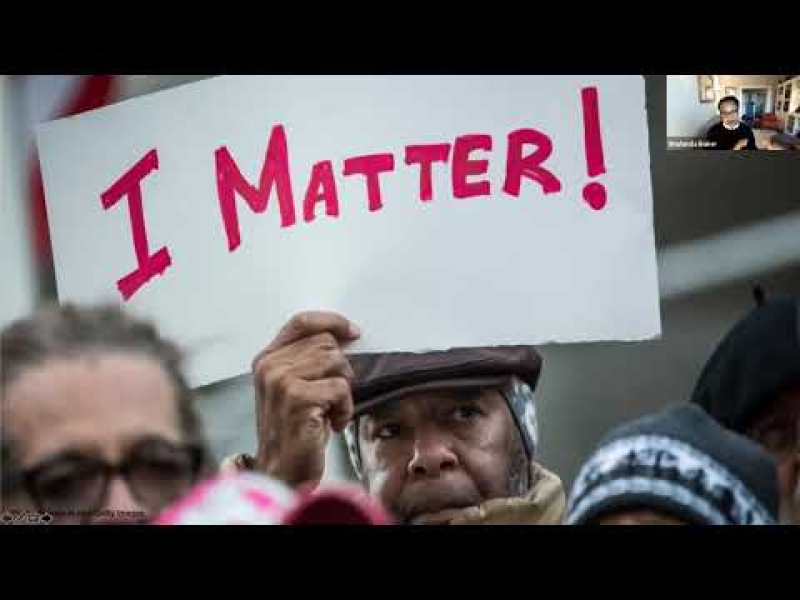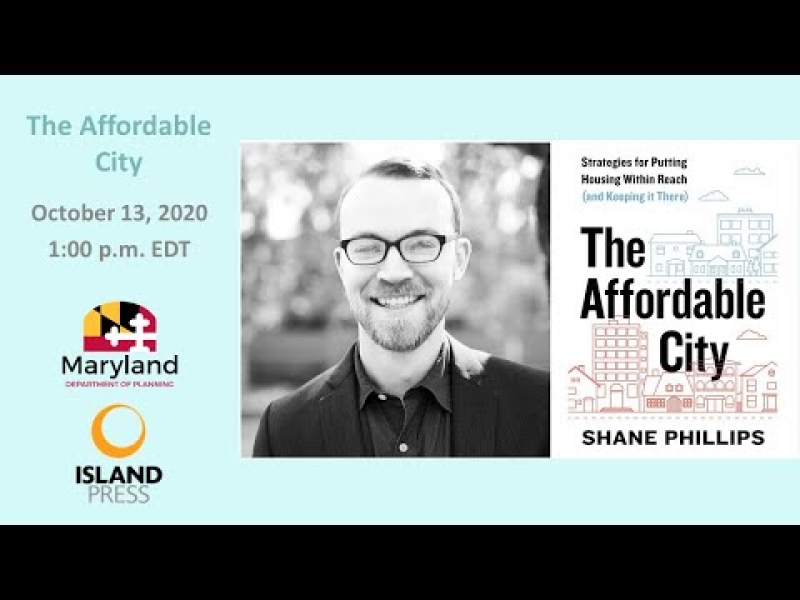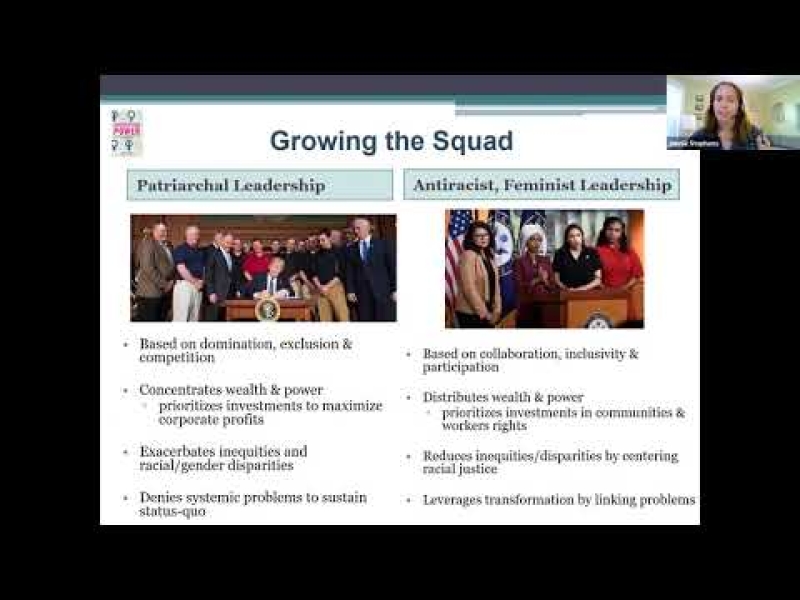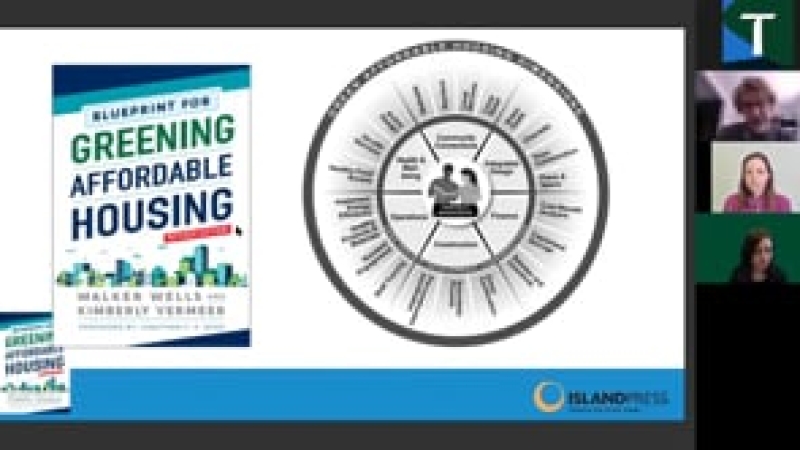Revolutionary Power: An Activist’s Guide to the Energy Transition
Shalanda Baker explains how this unique moment in history provides an unprecedented opening for a deeper transformation of the energy system, and thus, an opportunity to transform society.










